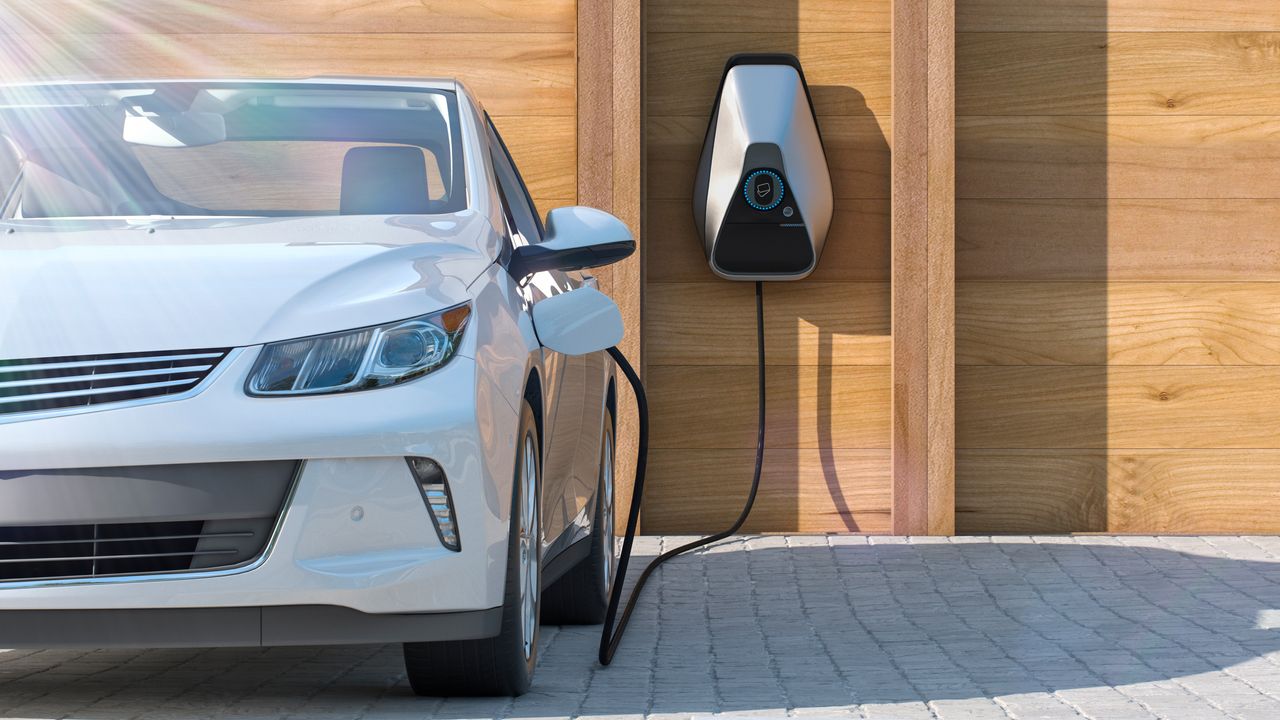Advantages of Electric Cars over Internal Combustion Engine Vehicles
Electric cars have gained significant popularity in recent years due to their numerous advantages over traditional internal combustion engine (ICE) vehicles. As the world moves towards a more sustainable future, electric cars have emerged as a cost-effective and environmentally friendly alternative. In this article, we will explore some of the key advantages of electric cars.
1. Lower Operating Costs
One of the primary advantages of electric cars is their lower operating costs compared to ICE vehicles. Electric cars are more energy-efficient, converting a higher percentage of the energy from the grid to power at the wheels. On the other hand, ICE vehicles waste a significant amount of energy through heat and friction. This efficiency leads to lower fuel costs for electric car owners.
Moreover, the maintenance costs of electric cars are generally lower. Electric cars have fewer moving parts, reducing the chances of mechanical failure. They do not require oil changes, spark plug replacements, or regular transmission maintenance. This translates to fewer visits to the mechanic and ultimately lower maintenance expenses.
2. Cost-Effectiveness
While the upfront cost of purchasing an electric car may be higher than that of an ICE vehicle, the cost-effectiveness of electric cars becomes evident over time. The savings in fuel and maintenance costs can offset the initial investment, making electric cars a financially viable option in the long run.
Additionally, the cost of electricity is generally more stable and predictable than the price of gasoline, which can fluctuate significantly. This stability allows electric car owners to plan their budget more effectively without worrying about sudden price hikes at the pump.
3. Tax Credits and Incentives
Many governments worldwide offer tax credits and incentives to promote the adoption of electric vehicles. These incentives can significantly reduce the cost of purchasing an electric car, making it even more attractive for potential buyers.
For example, in the United States, the federal government provides a tax credit of up to $7,500 for the purchase of an electric car. Several states also offer additional incentives, such as rebates, grants, and exemptions from sales tax or vehicle registration fees. These incentives not only make electric cars more affordable but also encourage individuals to make the switch to cleaner transportation options.
Conclusion
Electric cars offer numerous advantages over traditional ICE vehicles, including lower operating costs, cost-effectiveness, and access to tax credits and incentives. As technology continues to advance, electric cars are becoming more accessible and practical for everyday use. With their environmental benefits and potential for long-term savings, electric cars are undoubtedly the future of transportation.
